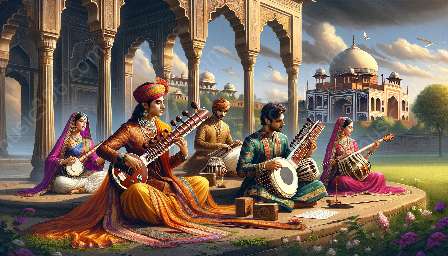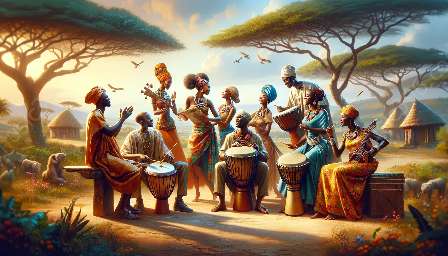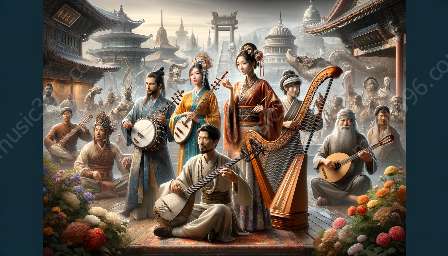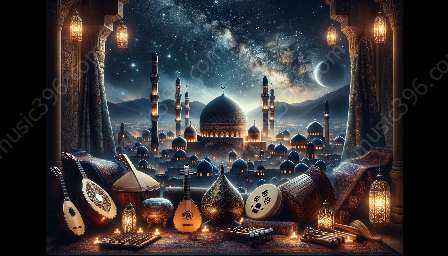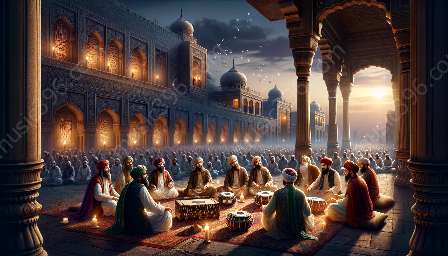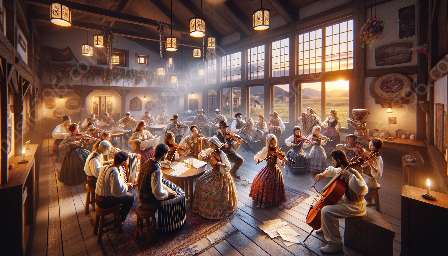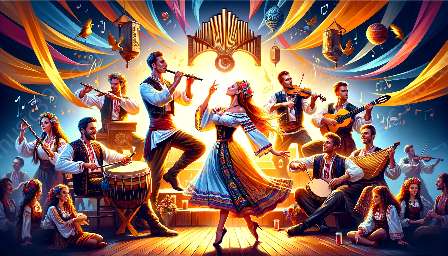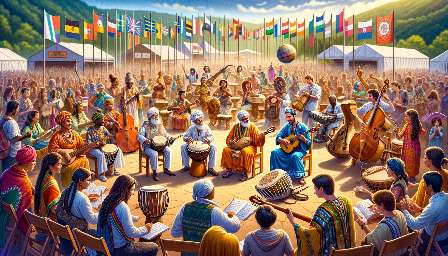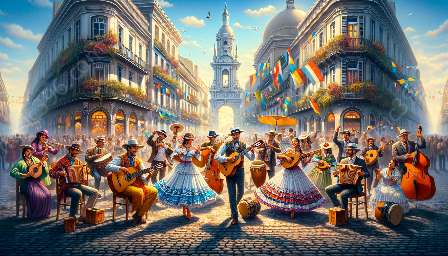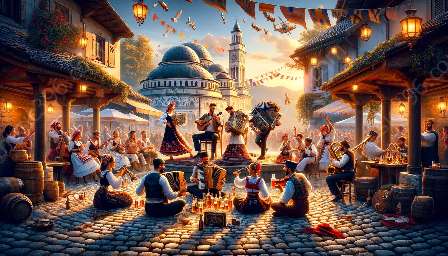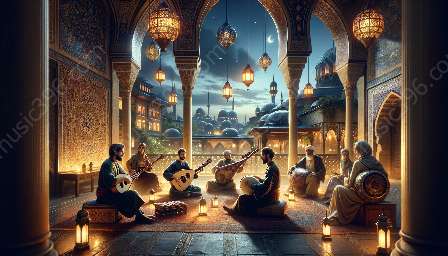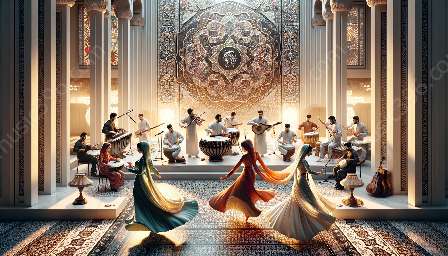Balkan music holds a unique place within the world music scene, characterized by vibrant performances that bring communities together. This topic cluster aims to explore the cultural significance, energy, and community-building aspects of Balkan music performances and their broader connection to the world music landscape.
The Rich Tradition of Balkan Music
Balkan music encompasses a diverse range of musical traditions from the Balkan Peninsula, a region known for its cultural diversity and rich history. The music reflects influences from various civilizations, including Ottoman, Byzantine, and others, resulting in a unique and dynamic musical tapestry.
One of the most defining features of Balkan music is its ability to foster a strong sense of community and togetherness. Whether it's through lively dance tunes, emotive ballads, or spirited instrumental performances, Balkan music has historically served as a means of bringing people together and celebrating shared traditions.
Exploring Community Building in Balkan Music Performances
When delving into the world of Balkan music performances, one quickly realizes the communal nature of these events. Whether taking place in intimate local venues or on grand festival stages, Balkan music performances often transcend mere entertainment, serving as catalysts for fostering a sense of community and belonging.
1. Inclusive Dance Traditions: A hallmark of many Balkan music performances is the inclusion of traditional dances. These dances, often accompanied by live music, encourage active participation and create a palpable sense of unity among the participants. Whether it's the exuberant line dances or the graceful circle dances, the communal aspect of these traditions is undeniable.
2. Collaborative Musicianship: The collaborative nature of Balkan music performances is another key element in community building. Musicians often come together to create rich, layered sounds, blending diverse instruments and vocal styles. This collaborative spirit extends to the audience, as clapping, singing, and even spontaneous jam sessions are common occurrences.
3. Celebration of Heritage: Balkan music performances serve as a means of celebrating and preserving cultural heritage. Through the music, stories, and traditions expressed during these performances, audiences are transported to distant lands and times, fostering a deep connection to the cultural roots of the music.
Balkan Music in the World Music Scene
While deeply rooted in its regional origins, Balkan music has also gained recognition and popularity within the global world music scene. With its vibrant energy and communal nature, Balkan music has found a dedicated audience beyond the boundaries of the Balkan Peninsula. Festivals, concerts, and recordings featuring Balkan music have become integral components of the world music landscape, further amplifying its role in community building.
Moreover, the fusion of Balkan music with other world music traditions has led to exciting cross-cultural collaborations, enriching the musical tapestry and expanding the reach of Balkan music to new audiences worldwide.
Embracing Diversity and Unity
At its core, the community building in Balkan music performances reflects an embrace of diversity and a celebration of unity. The music serves as a bridge connecting people from different backgrounds, fostering understanding and appreciation for cultural differences while highlighting the shared human experiences that unite us all.
By exploring the vibrant community-building aspects of Balkan music performances and its wider connection to the world music landscape, we gain a deeper understanding of the power of music to transcend borders, foster connections, and create meaningful and enduring communities.



